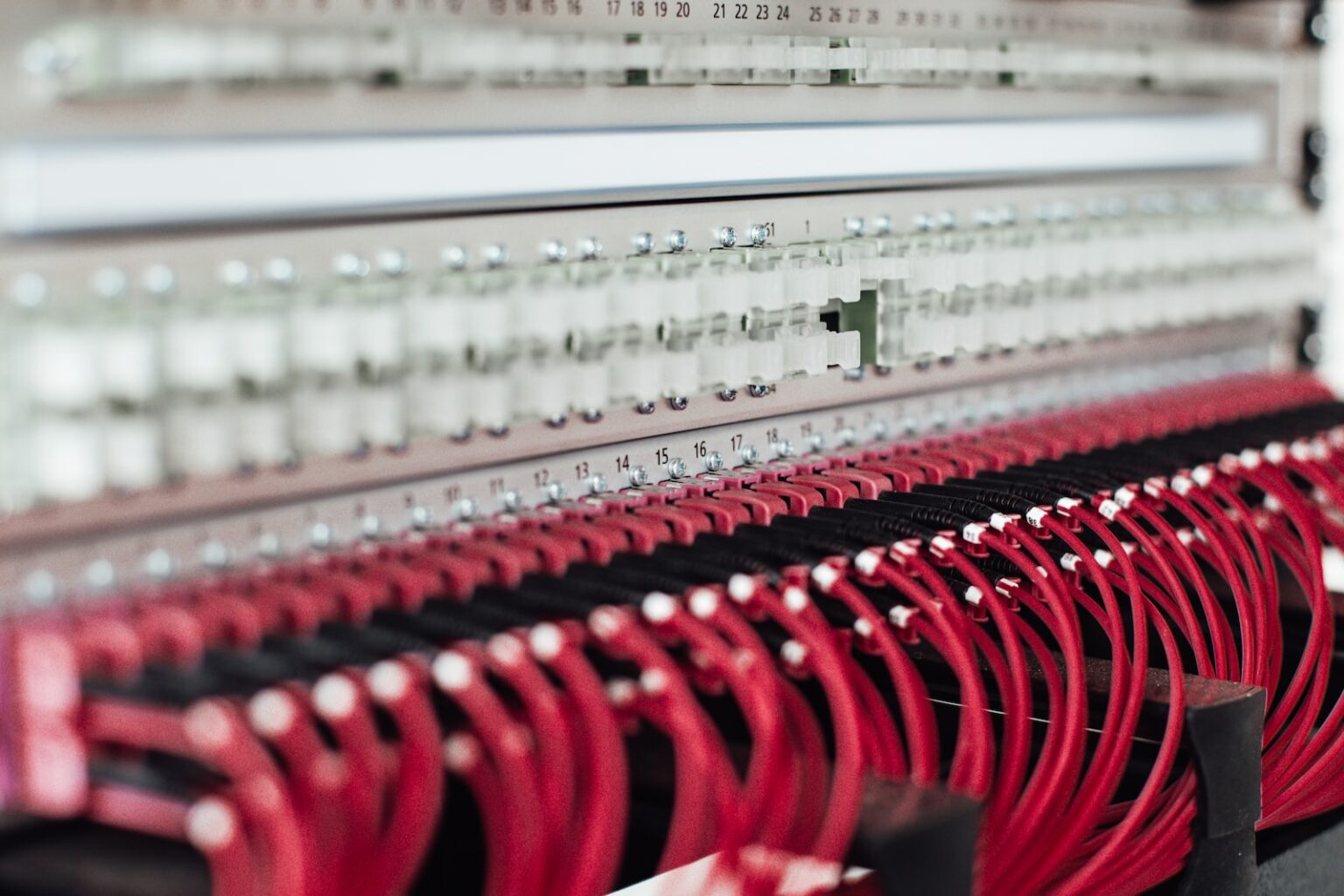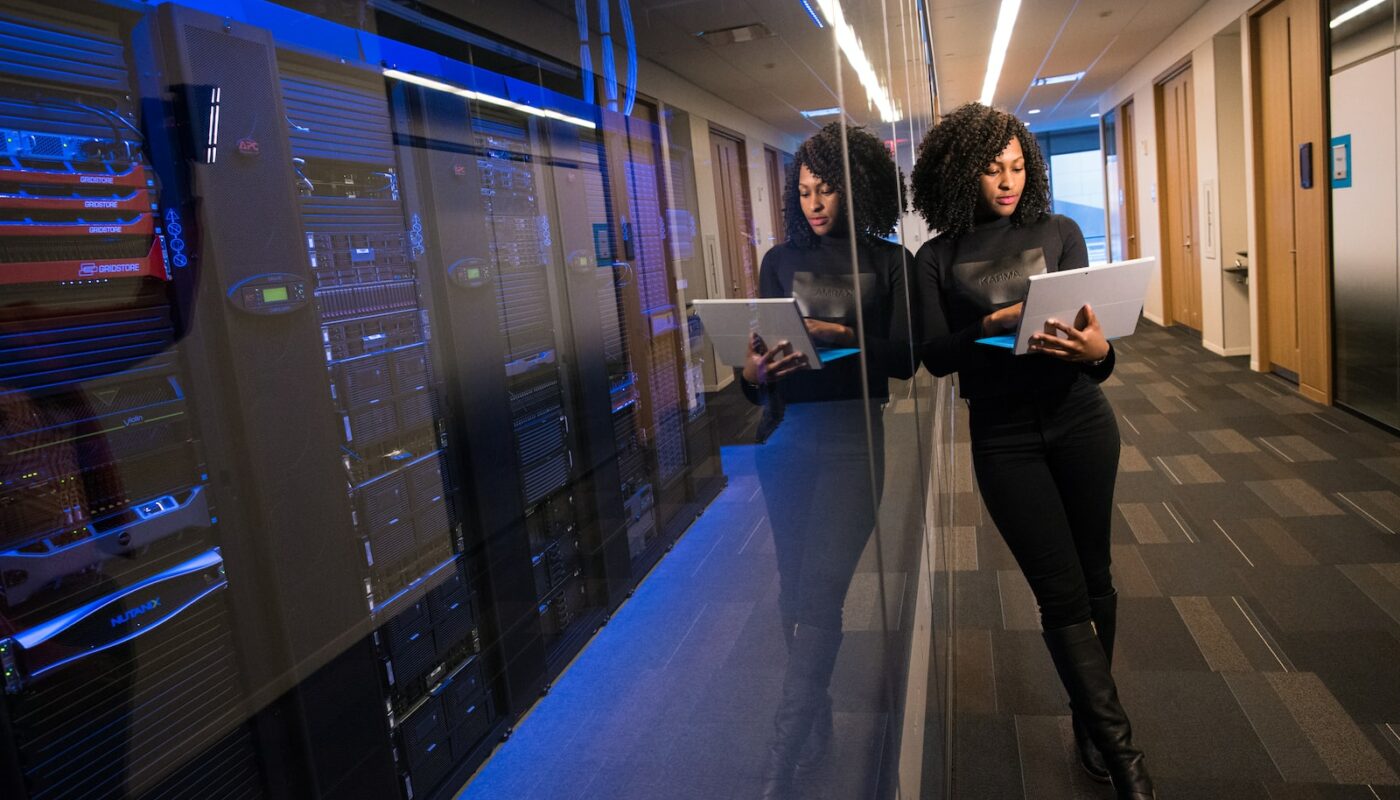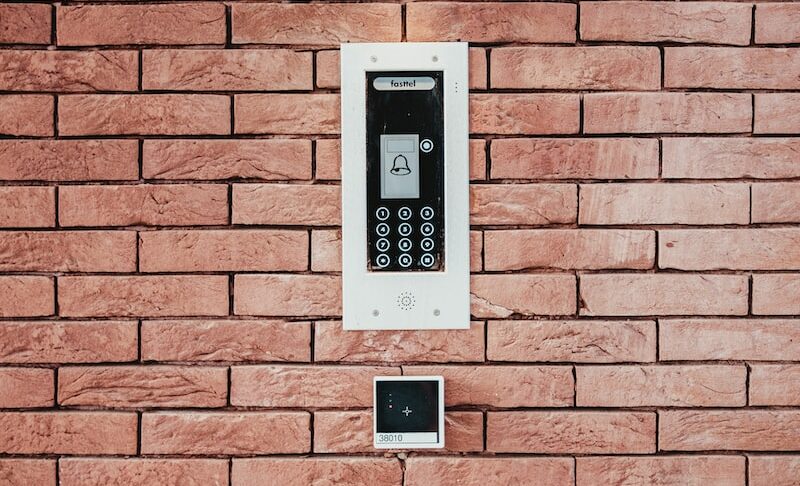It’s no secret that business owners have a lot to worry about. They have to worry about protecting their customers’ privacy, complying with regulations, and staying profitable. But what many business owners don’t realize is that keeping their company safe from crime and cybercrime can be just as important as any of those other things. So take some time to read these security tips for your business:
Hire a Professional to Assess Your Security Needs
You can’t do this on your own. It’s not just a matter of knowing what to do, but also finding the right people to do it. Your options are either to learn enough about security yourself or hire A business thas specialises in security work, such as MJ Flood business security. The latter is much easier and will ensure that your business is protected from threats or attacks without fail.
However, you don’t need to be an expert for this step; all you really need is some basic knowledge about how best to secure your business against any potential threats. If you’re unsure about which steps should be taken or whether there are gaps in your current measures, consult with a professional who has experience protecting businesses like yours.
Invest in a Good Security System and Fire Alarm
- Invest in a good security system and fire alarm.
- Have a monitoring service that provides regular updates on your system, including whether it’s functioning properly or not.
- Make sure you have a response plan in place to handle any emergencies that may arise if your business is robbed or the building catches fire—and always keep it up-to-date so everyone knows what to do at all times.
- Keep maintenance on both your security system and fire alarm regularly! If one goes off, make sure it’s working properly before resetting/restarting it (or calling 911).
See our post on pension planning as well.
Keep Records of Everything You Own, Including Serial Numbers
You should keep records of everything you own, including serial numbers. If a device is stolen or damaged, it’s essential that you have this information on file so that the police can help recover your property.
In addition to keeping records about what you own (including serial numbers), it’s important to keep passwords for all of your devices in a safe place.
Use Passwords on Every Device
Use a password manager to generate and store passwords. There are many free password-management apps available that you can use on every device, including your smartphone and laptop (such as LastPass). Password managers also have built-in security features that will automatically change your passwords when a site gets hacked or when certain websites require regular updates to their systems (for example, new security protocols).
Use long and strong passwords. When using a password manager, make sure each of your passwords has at least eight characters; longer is better than shorter. A phrase like “I love my family” would work well as the basis for a strong password—but don’t just type it in without adding some numbers and symbols!
Use different passwords for every device and account. Even though it might be tempting to use the same password across multiple accounts so you only have one master login, this is not recommended because hackers can access any accounts linked with the same username/password combination if they gain access to one of those accounts.
Make Sure You Have Adequate Insurance
Most people think that insurance is only for big companies, but it can help you protect your business from a variety of potential risks. Insurance can cover damage to property and loss of income, as well as legal costs if someone gets hurt on your premises.
Keep Backup Copies of All Your Data Regularly

Back up your data regularly. If a disaster happens, it’s important to have a copy of all your files in case something goes wrong and you lose everything on your computer. Backups should be stored on an external hard drive or cloud service (like Dropbox), so they don’t take up any space on your computers but are still accessible when needed.
If you’re not already backing up your data, now is the time to start doing so!
Conclusion
With these tips, you can craft a safe and secure business space. Remember to hire a professional for an assessment of your needs, invest in the best security system and fire alarm, keep records of all your equipment, use passwords on every device, make sure you have adequate insurance coverage as well as backup copies of all data regularly backed up – it’s all good!




